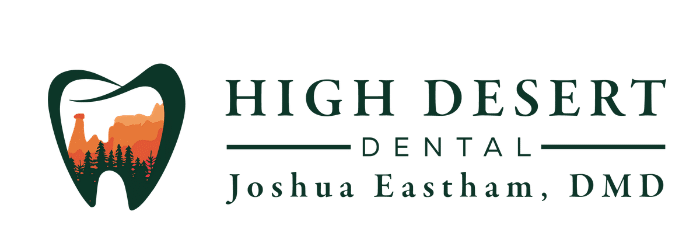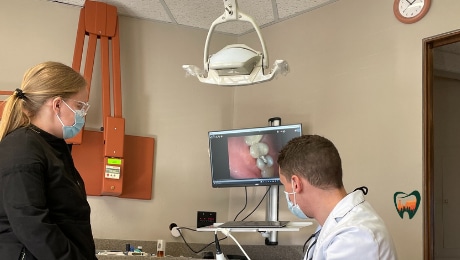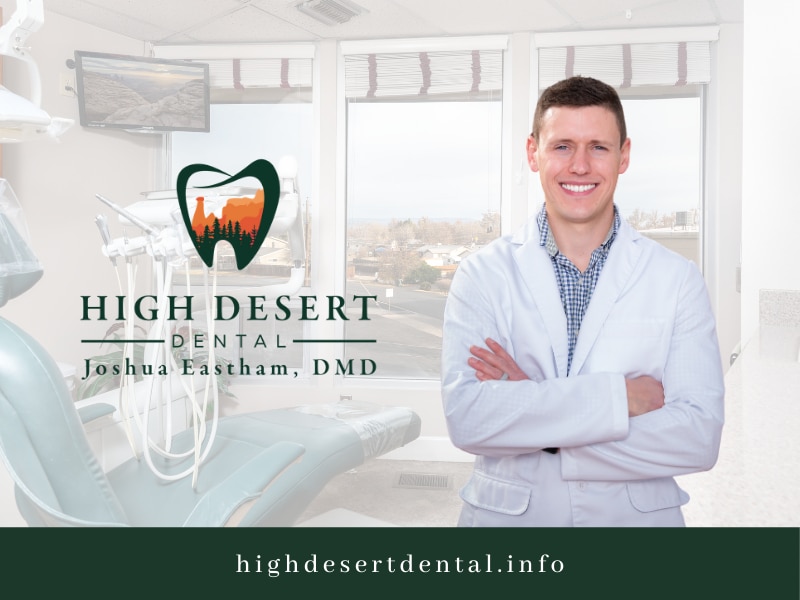TMD Treatment in Grand Junction
TMD stands for temporomandibular disorders. Temporomandibular disorders (TMD) are conditions that affect the jaw muscles, the temporomandibular joints, and the nerves that cause persistent face discomfort. Temporomandibular dysfunction may be caused by any issue that hinders the complex system of muscles, bones, and joints from operating in unison. There are TMD Treatment in Grand Junction that may be able to help.
Does Jaw Pain Mean I Have TMD?
TMD needs to be properly diagnosed by your dentist or Doctor. Essentially the two joints that link your lower jaw to your skull are known as the temporomandibular joints (TMJ). They are the joints that move and spin in front of each ear. They include the mandible (lower jaw) and the temporal bone (the side and base of the skull). TMJ is among one of the most complicated joints in the body. The mandible may move up and down, side to side, and forward and back thanks to these joints and many muscles. Smooth muscular motions are possible when the mandible and the joints are properly positioned. Chewing, talking, yawning, and swallowing are examples of these. These structures (muscles, ligaments, disk, jaw bone, and temporal bone) do not move smoothly together when they are not aligned. Several issues may arise as a result of this. You should find a dentist near you to help resolve this.
TMD is classified as follows by the National Institute of Dental and Craniofacial Research (NIDCR):
-
Myofascial pain TMD in this kind is the most frequent. It causes discomfort or soreness in the fascia (the connective tissue that covers the muscles) and the muscles that govern jaw, neck, and shoulder function.
- Joint derangement on the inside. This might be due to a dislocated jaw or a misplaced disk. A disk is the cartilage cushion that sits between the jaw bone’s head and the skull. It might also indicate a condyle injury. This is the rounded tip of the jaw bone that connects to the temporal skull bone.
- Arthritis of the joints. This includes jaw joint osteoarthritis or rheumatoid arthritis.
You may have one or more of these disorders concurrently.
What Factors Contribute To TMD?
In many situations, the exact source of this illness is unknown. Too much tension on the jaw joints and the muscle group that regulates eating, swallowing, and speaking is sometimes the root problem. This tension might be caused by bruxism. This is the involuntary, habitual clenching or grinding of the teeth. TMD may also be caused by an injury to the jaw, head, or neck. TMD discomfort may also be caused by arthritis and disk displacement in the jaw joint. Other unpleasant health conditions, such as fibromyalgia or irritable bowel syndrome, may overlap with or increase TMD discomfort in certain situations. Recent NIDCR research revealed clinical, psychosocial, sensory, genetic, and neurological system characteristics that may predispose a person to develop chronic TMD.
What Are The Signs And Symptoms of TMD?
Our friends over at Shreveport Dental Solutions the best dentist in Shreveport LA tell us how the following are the most prevalent TMD symptoms:
- Discomfort or soreness in the jaw (often most common in the morning or late afternoon)
- Headaches
- Pain in the eyes, face, shoulder, neck, or back
- Earaches or ringing in the ears (not caused by an infection of the inner ear canal)
- A clicking or snapping sound in the jaw
- Jaw clenching
- Restricted mouth movements
- Teeth clenching or grinding
- Dizziness
- Teeth sensitivity in the absence of an oral health problem
- Finger numbness or tingling – A change in the way the upper and lower teeth fit together
TMD symptoms might mimic those of other diseases or health issues. For a diagnosis, see your grand junction dentist or your healthcare practitioner.
TMD Is Diagnosed In What Way?
TMD is diagnosed using a number of ways. These are some examples:
- Medical history. When you chew, bite, or open your mouth, your healthcare professional will inquire whether you have a history of face or jaw discomfort. If you have experienced cracking, popping, or noise while opening or shutting your mouth, your physician will inquire.
- Physical examination. If you suffer face or jaw discomfort while moving your jaw, or if you can’t open your mouth wide, your physician will examine you. When you open or shut your mouth, they will listen for TMJ sounds.
- Imaging studies. X-rays, CT scans, and MRIs may be utilized to help a doctor make a decision.
TMD Is Treated In What Way?
The treatment you get will be determined by your symptoms, age, and overall health. It will also be determined by the severity of the ailment.
Treatment options may include:
- Temporomandibular joint rest (TMJ)
- Medication or analgesics
- Stress management and relaxation techniques
- Modifications in behavior (to reduce or stop teeth clenching)
- Physical therapy – A mouthguard or orthopedic device worn in the mouth (to reduce teeth grinding)
- Posture training – Dietary modifications such as eating soft foods (to rest the jaw muscles)
- Use of ice and heat packs
- Surgical procedure
TMD symptoms might reappear under stressful situations. It is beneficial to be aware of what causes your symptoms so that you may take steps to avoid a recurrence. See your dentist in grand junction CO on a regular basis to get your TMD checked.
Important Information on Temporomandibular Disorders
- Temporomandibular disorders (TMD) are persistent face discomfort caused by abnormalities of the jaw muscles, temporomandibular joints, and nerves.
- Too much tension on the jaw joints and the muscle group that regulates eating, swallowing, and speaking might be the reason. This might be related to teeth grinding, a jaw, head, or neck injury, or arthritis.
- Jaw discomfort, headaches, earaches, restricted mouth movements, and jaw clicking, popping, or locking are all possible symptoms. Pain in the face, shoulder, neck, or back is also possible.
- Resting the temporomandibular joint, physical therapy, drugs, behavioral adjustments, or an orthopedic device or mouthguard may be used to treat the condition.
- TMD symptoms might reappear under stressful situations. It is beneficial to be informed of what causes your symptoms so that you can avoid a recurrence.
Next actions Here are some pointers to help you get the most out of a visit to your healthcare provider:
- Know why you’re visiting and what you want to accomplish.
- Before your appointment, make a list of the questions you’d want to be addressed.
- Bring someone with you to assist you in asking questions and remembering what your physician says.
- During the appointment, note down the name of any new diagnoses as well as any new medications, therapies, or tests. Make a note of any new instructions you get from your provider.
- Understand why a new drug or therapy is being given and how it will benefit you. Also, be aware of the potential adverse effects.
- Inquire whether your problem can be addressed in any other manner.
- Understand why a test or treatment is advised and what the findings may imply.
- Understand what will happen if you do not take the medication or undergo the test or treatment.
- If you have a follow-up appointment, make a note of the date, time, and reason for the visit.
- Know how to get out to your provider if you have any questions.

Contact High Desert Dental Today
High Desert Dental is here to help in any way possible. Contact our office today to schedule an appointment to sit down with a member of staff to help better assist you in any way possible.












